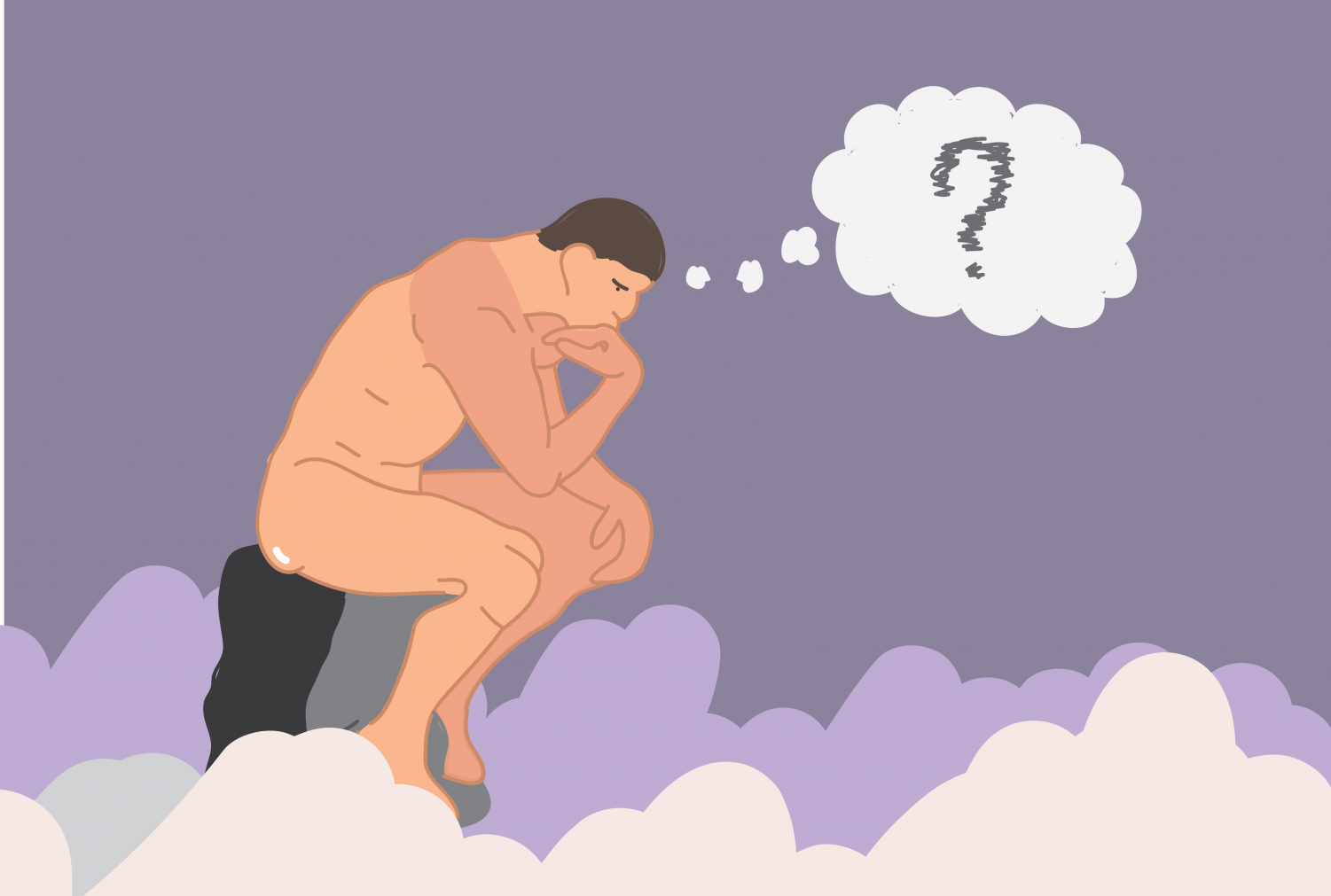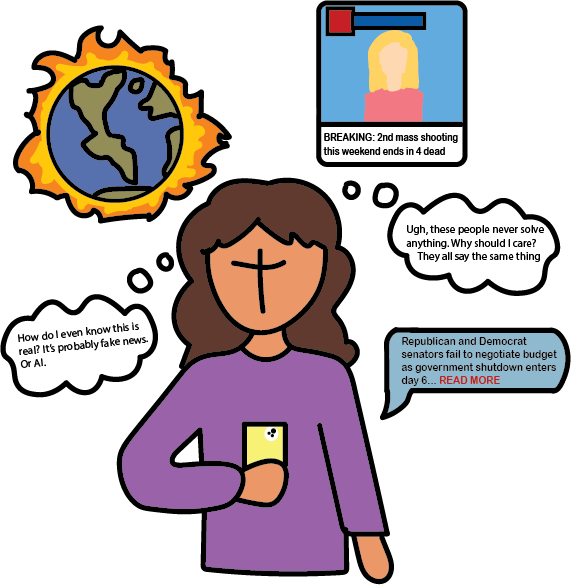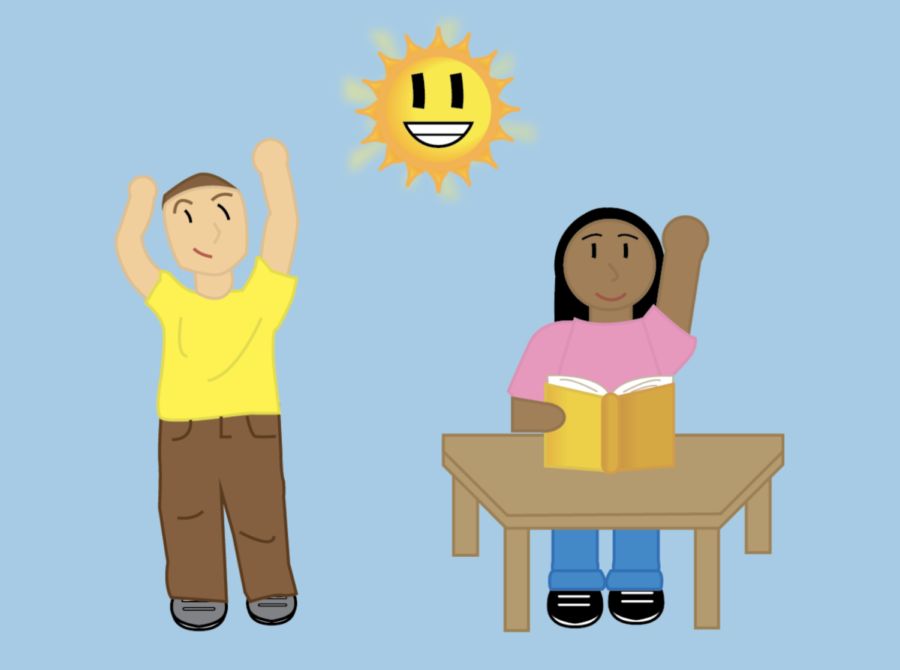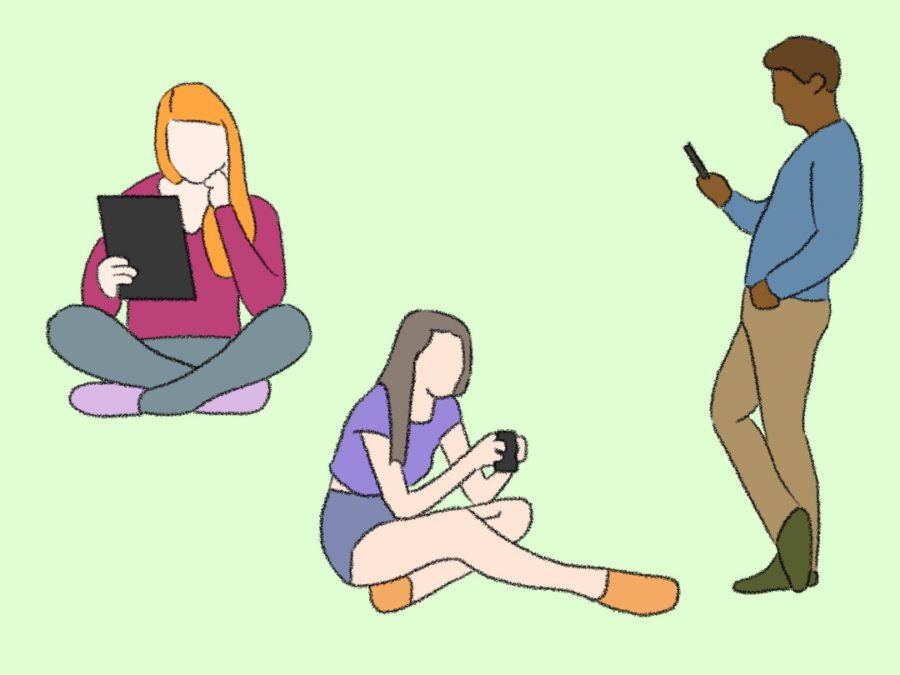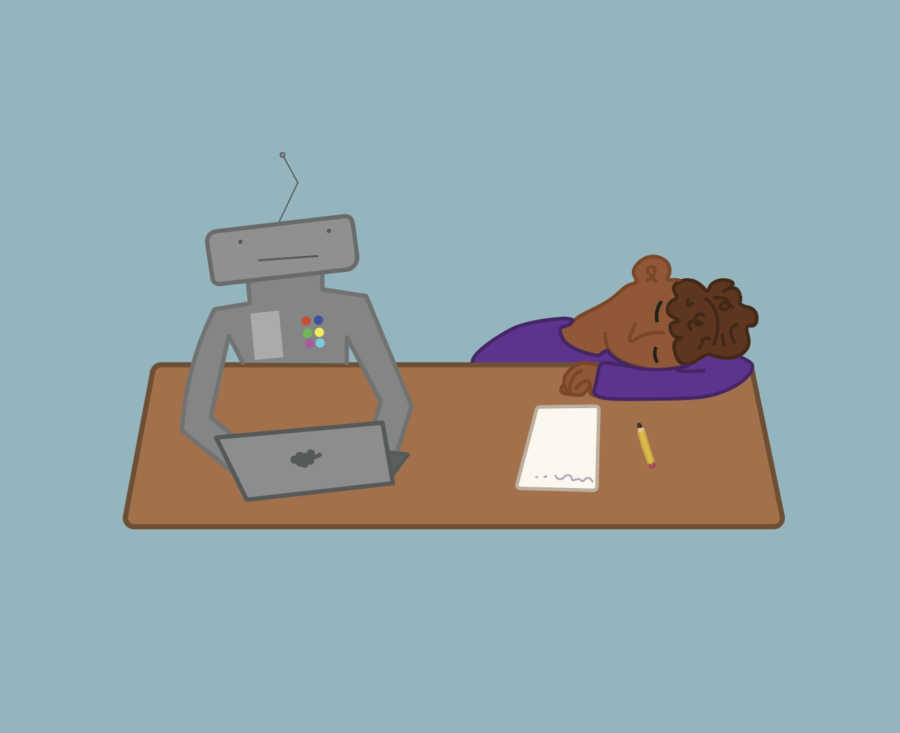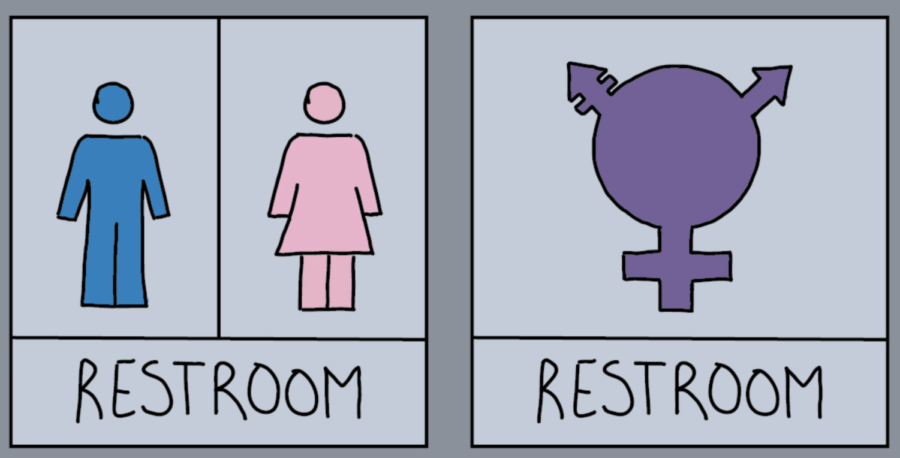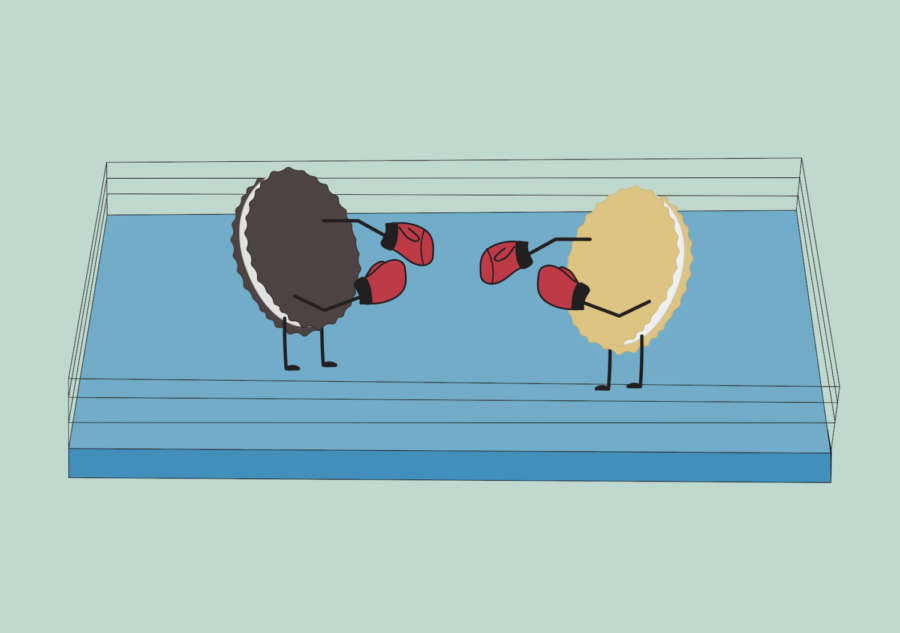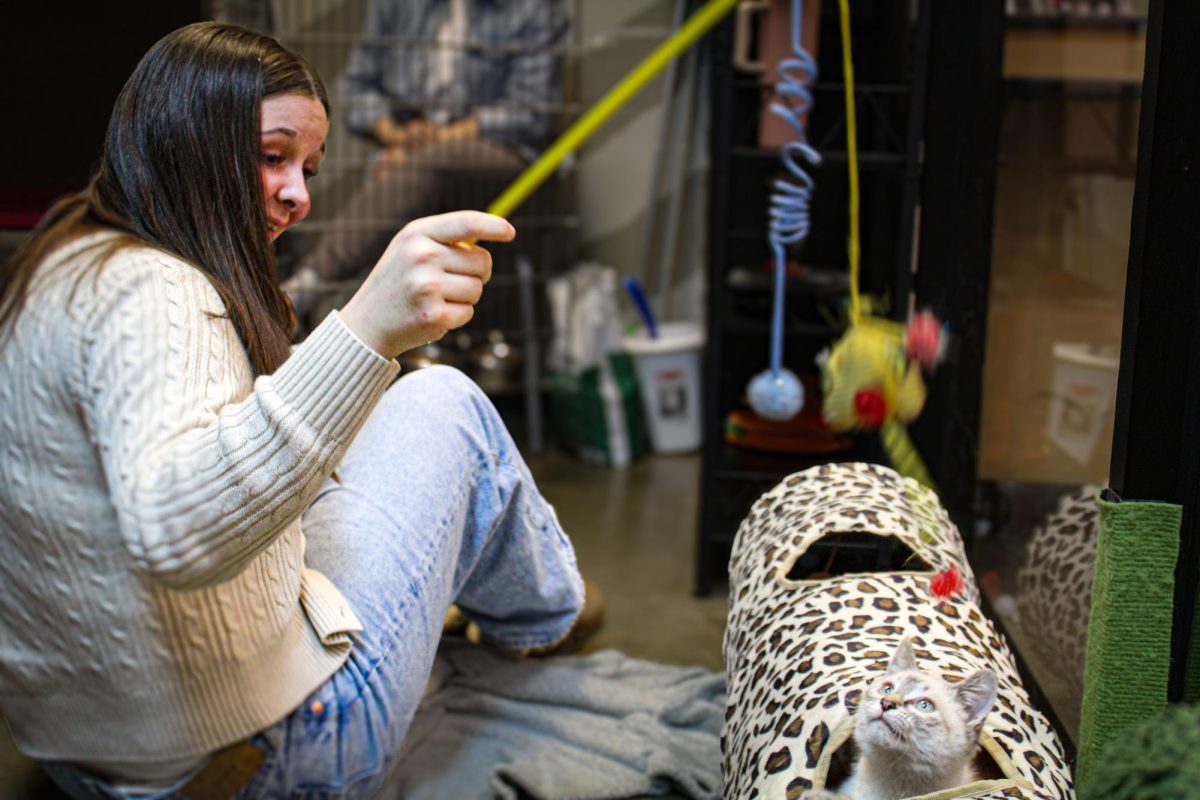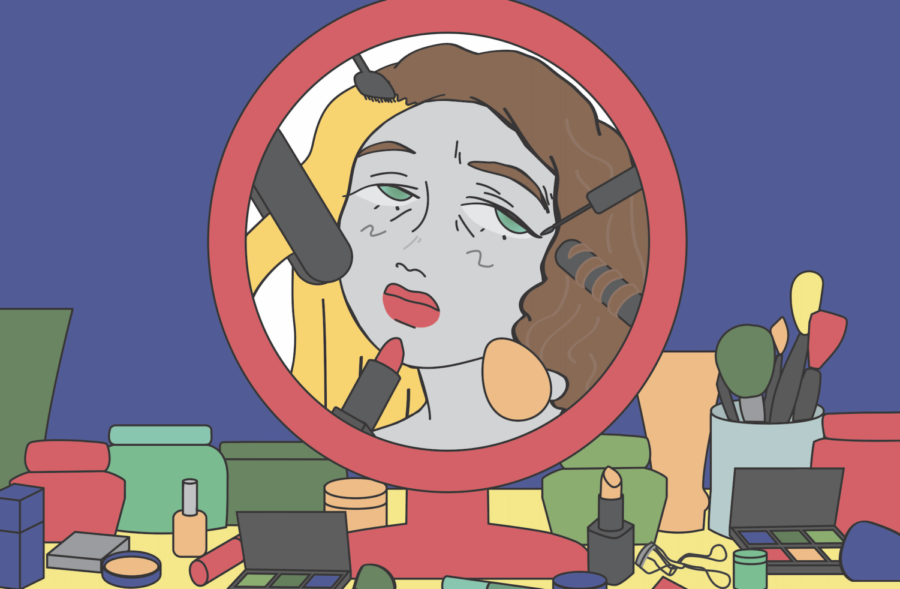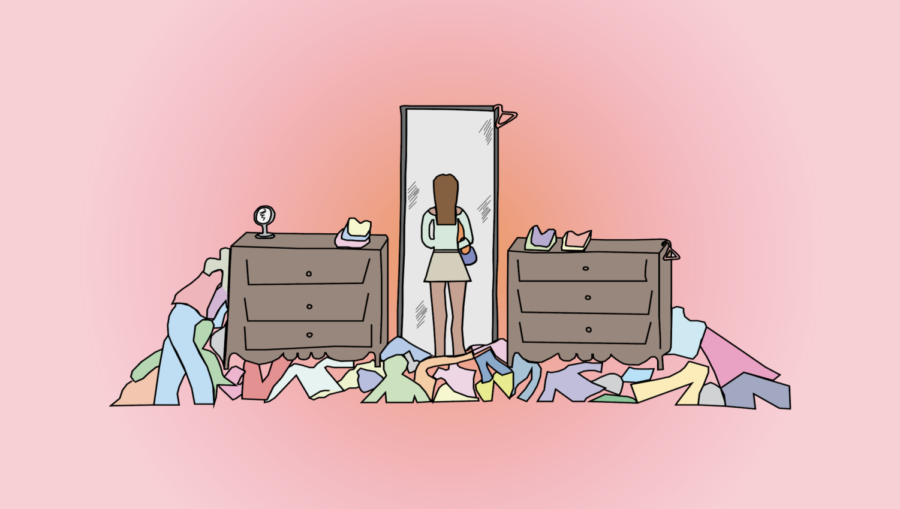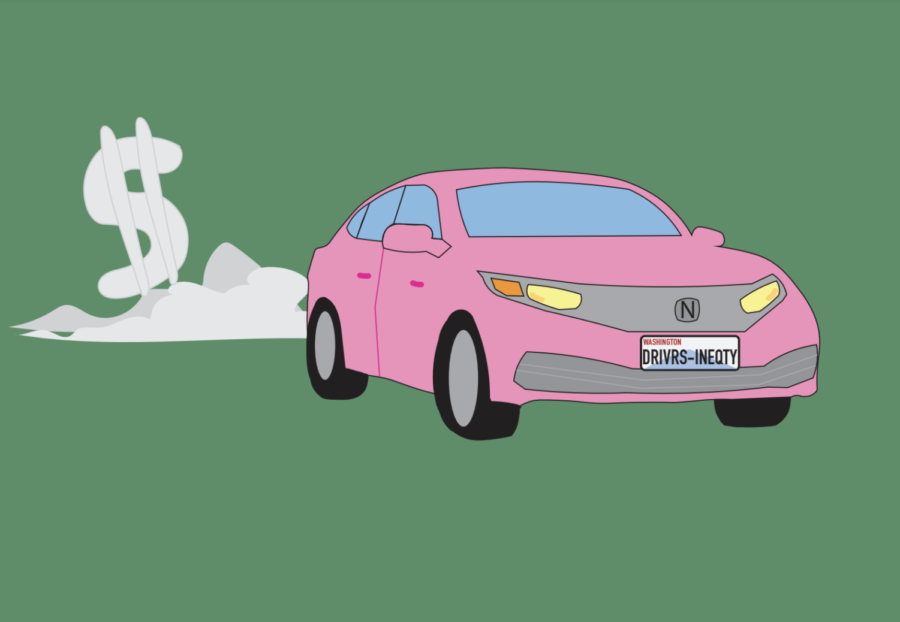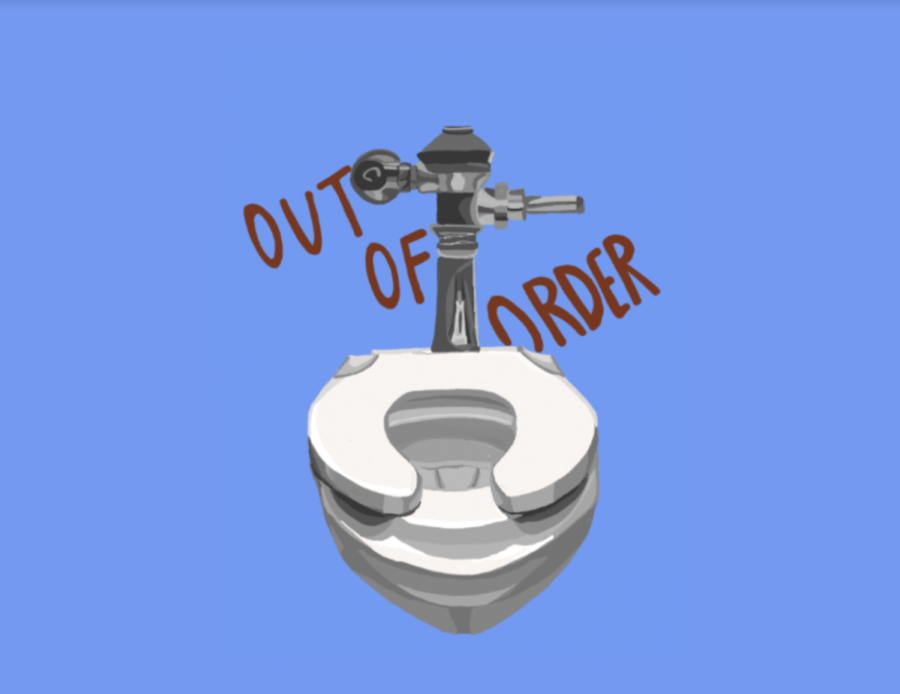Seek to understand bias
People cannot help but categorize. It is in our nature as humans to group things, even other people, together to make it easy on our subconscious when we are confronted with a situation. As such, implicit bias is a core pillar of the human psyche and should not be met with aggression but instead understanding.
Objectively, implicit bias is beneficial. It allows people to, when confronted with a situation like something they’ve experienced before or information they have been given, react quickly without the need to waste possibly precious seconds making a conscious decision. Consider, for example, a woman walking down the street at night. Approaching her is a hooded man; regardless of whether or not that man is in reality dangerous, through years of being taught that men are indeed a threat, that woman may turn and walk the other direction out of fear for her safety.
That example exposes a caveat to the conclusion that implicit biases are solely beneficial; when you apply implicit biases to people, you disregard the specifics of any one situation and reject the opportunity to react in a flexible way. In that way, implicit bias is liable to lead to all sorts of discrimination and trouble.
But should it? Implicit bias is, again, just that: implicit. It’s not a matter of active discrimination. In the face of an increasingly politically-correct culture, should we deny one of the most fundamental parts of the human psyche the capacity to operate? The answer is no, of course not. This isn’t to say that civilization should start giving in to our Neandertholic, often primitive instincts. Civilization’s purpose is to elevate us beyond those instincts, after all.
As advocates of so-called “safe spaces” gain traction throughout the United States, so too does the fight against implicit bias. Implicit bias leads to “microaggressions” and otherwise inadvertent disrespect from one party to another, often amid racial or sexual disparity, these advocates say. And while no person should feel threatened purely on account of ethnicity, race, gender or otherwise, vilifying implicit biases in humans does nothing to eradicate those biases or minimize the impact they may have on others.
These safe spaces simply advocate for a suppression of constructive discourse; the distribution of thought relies on the diversity of opinion and argument. Implicit bias is just another avenue through which humans perpetuate ideas and belief systems; shepherding those beliefs into a sort of social “time-out” not only vilifies people’s natural tendencies but it also delegitimizes them. It makes us afraid to be human. “Safe space” advocates, in the context of implicit biases at least, only serve to perpetuate the very suppression they seek to destroy. The fight against implicit bias should be one of education and exposure, certainly not one of subjugation.
Implicit bias carries with it serious consequences for those it inflicts, be they economically or socially, that much is certain. This article does not denounce or shy away from societal progress; on the contrary, it calls for it. Implicit biases need to be recognized and reconciled through discussion, not hidden away. No one person should be afraid to be themselves, and in advocating the institution of safe spaces and the subjugation of implicit biases, we deny ourselves the right to be human and to learn and grow as a species.
Strive to “de-bias” the masses
Implicit bias is the unintentional or even subconscious reflection of one’s beliefs through their actions. To some extent, all of us have some sort of racial implicit bias already within us simply passed down from generation to generation. Unlike racism or even discrimination, it must be emphasized that implicit biases are unintentional. Unfortunately, these racial biases can still lead to microaggressions that can be hurtful to the victim. The only way to prevent these microaggressions from continuing is to become educated on the consequences that they have.
Implicit biases are pervasive, meaning that they are usually widespread throughout many groups of people. In workspaces for example, white businessmen tend to promote other white workers over a black worker who is equally qualified. Although some may say there is no difference between the workers, inherent biases are at work. In fact, the U.S. Equal Employment Opportunity Commission listed implicit biases as one of the seven “major obstacles hindering equal opportunities for African Americans in the federal workforce.”
Through these implicit biases come microaggressions. They’re well intentioned comments that may show hidden prejudices against a certain group. For example, “you’re really exotic,” typically taken as a compliment, may also be misinterpreted as “you must be a foreigner.” Unfortunately, for many that are responsible for these microaggressions, they are unaware of it themselves. Of course, it’s not their intention to attack others with a backhanded compliment; it just comes out naturally.
Intent brings us to one of the main arguments against microaggressions. To many, the world has always operated this way. To them, this new wave of hypersensitive “special snowflakes” just have to get over the very real mistakes that people make. If someone did not mean to intentionally insult another person, why must we interpret it that way? If we interpret comments based on our first impressions with no background information, then why don’t we also do the same with actions?
Simple: because it doesn’t make sense. For example, the criminal justice system would not convict someone on the charge of manslaughter the same way as someone on the charge of first degree murder. While the example may be a bit extreme, it showcases the extent that some people have used to justify their reasoning. Many others believe that it is simply a societal norm to have these biases.
However, that is the exact reason why implicit racial bias is a problem. It proves to show that this attitude of believing one is either superior to another is ingrained within our minds. In fact, it is so commonplace that we do not even notice it. We subconsciously revert back to these racial assumptions before we even realize that we are.
Fortunately, researchers nowadays have begun looking for ways to “de-bias” themselves. Whether through the use of incentives, nudges or just training, people are beginning to adjust to the idea. Together, we must work towards a better future not only for ourselves but also for everyone around us. By becoming informed about implicit biases, we can create a safe environment for everyone to thrive without fear of being discriminated against.



